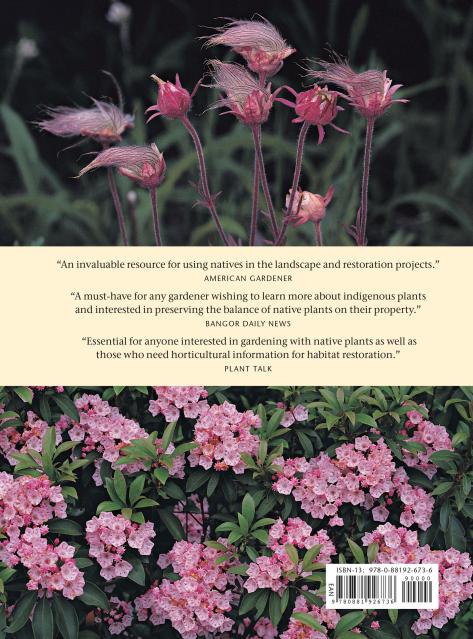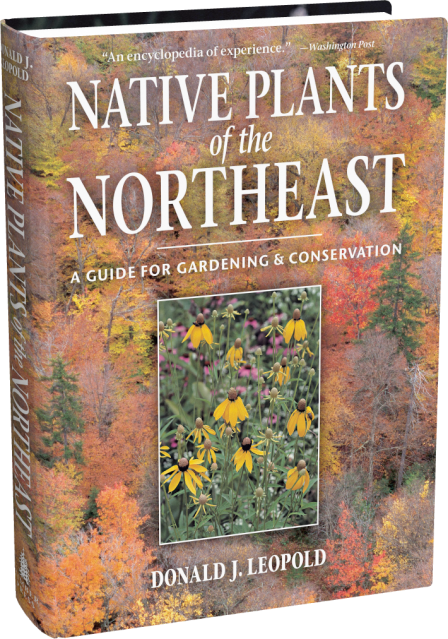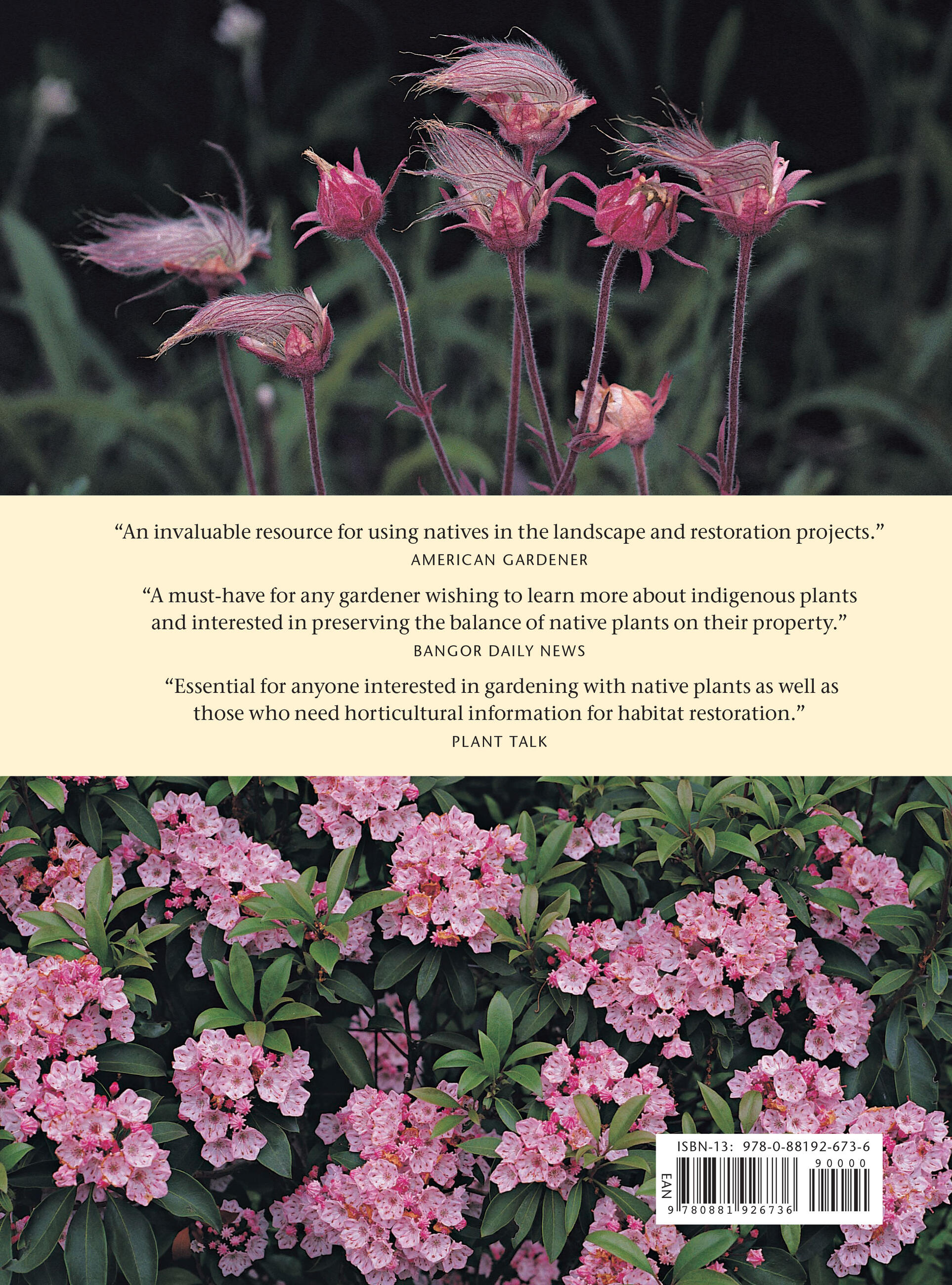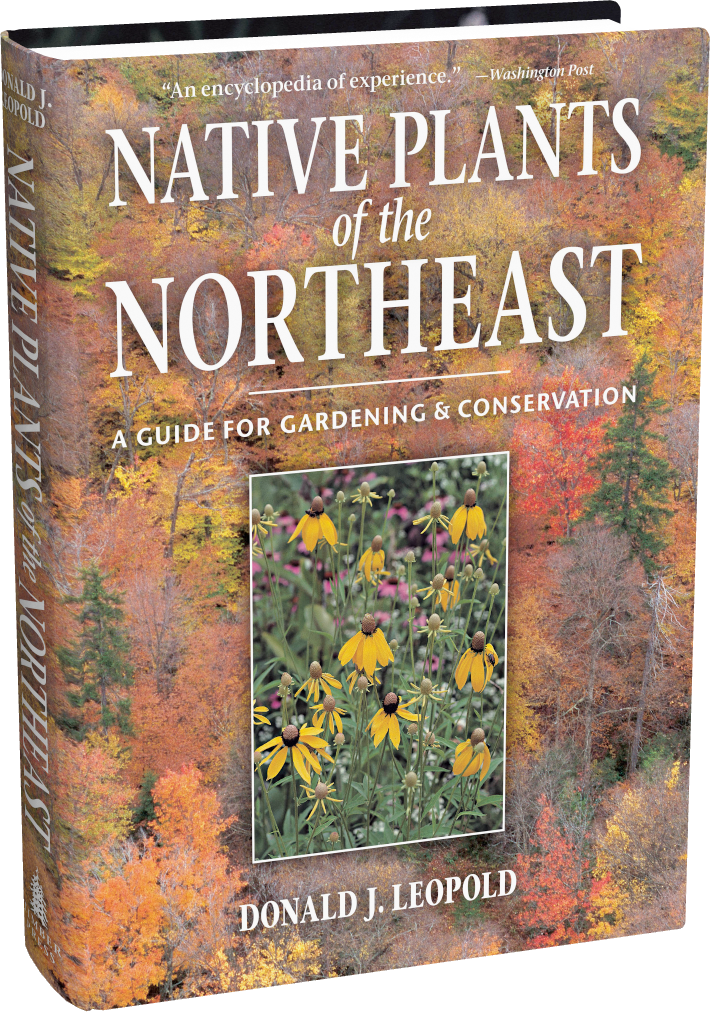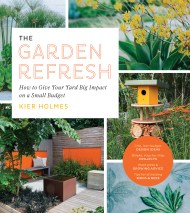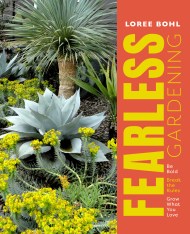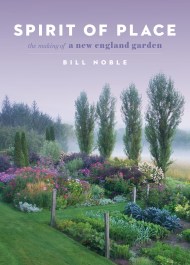Promotion
Use code CYBER2024 for 30% off sitewide + free shipping over $30
By clicking “Accept,” you agree to the use of cookies and similar technologies on your device as set forth in our Cookie Policy and our Privacy Policy. Please note that certain cookies are essential for this website to function properly and do not require user consent to be deployed.
Native Plants of the Northeast
A Guide for Gardening and Conservation
Contributors
Formats and Prices
Price
$40.00Price
$50.00 CADFormat
Format:
Hardcover $40.00 $50.00 CADThis item is a preorder. Your payment method will be charged immediately, and the product is expected to ship on or around February 8, 2005. This date is subject to change due to shipping delays beyond our control.
Also available from:
No other single volume on native plants has such comprehensive horticultural coverage as Native Plants of the Northeast: A Guide for Gardening and Conservation. Nearly seven hundred species of native trees, shrubs, vines, ferns, grasses, and wildflowers from the northeastern quarter of the United States and all of eastern Canada are included. Each plant description includes information about cultivation and propagation, ranges, and hardiness. An appendix recommends particular plants for difficult situations, as well as attracting butterflies, hummingbirds, and other wildlife.
Genre:
-
“An important resource for enthusiasts interested in gaining practical insight about gardening with native plants as well as those seeking to restore native plant habitats or enhance biodiversity.” —Library Journal
“An encyclopedia of experience.” —The Washington Post
“Provides an invaluable resource for using natives in the landscape and restoration projects.” —American Gardener
“The text is easy to read, both regarding the printing and the writing. . . . This is a very good, well written book and well worth the price.” —Washington Gardener
“A welcome addition to my growing collection of books that list plants. . . . Generously illustrated. . . . Forthright, warts-and-all descriptions are common throughout.” —Garden Rant
“Essential for anyone interested in gardening with native plants as well as those who need horticultural information for habitat restoration.” —Plant Talk
“This is a wonderful book that anyone interested in improving backyards, gardens, and other small stopover areas with native vegitation will want to have handy as an essential reference.” —International Hawkwatcher
“The descriptions include pithy recommendations on cultivation, especially with regard to appropriate habitats.” —HortIdeas
“The color photographs (and there are lots of them) are by the author and very well done.” —Home Monthly
“This book will interest readers who, regardless of their educational background, wish to learn about using native plants for gardening.” —Choice
“It is a must-have for any gardener wishing to learn more about indigenous plants and interested in preserving the balance of native plants on their property.” —Bangor Daily News
“In addition to the alphabetical categorical listing, appendices list plants grouped according to cultural requirements, giving you a jump start on planning a garden for your particular soil requirements.” —Cleveland Plain Dealer
- On Sale
- Feb 8, 2005
- Page Count
- 308 pages
- Publisher
- Timber Press
- ISBN-13
- 9780881926736
Newsletter Signup
By clicking ‘Sign Up,’ I acknowledge that I have read and agree to Hachette Book Group’s Privacy Policy and Terms of Use

